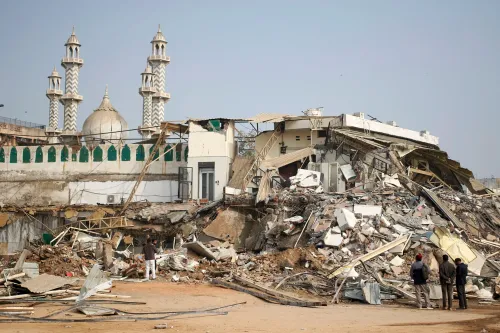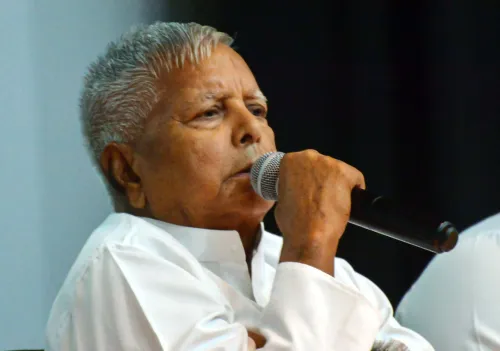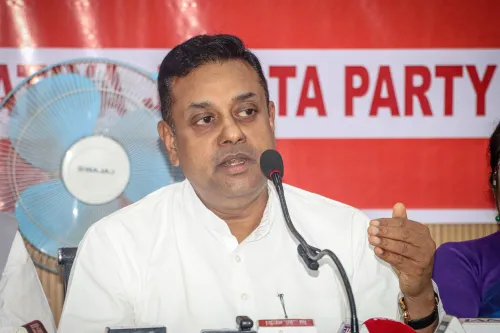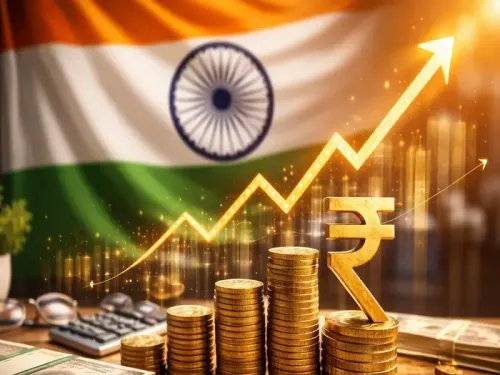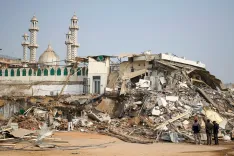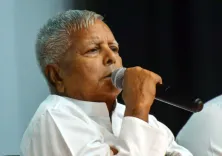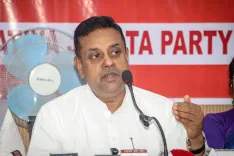How is India reaffirming sovereignty in Kashmir amid Pakistan’s continued obstructionism?
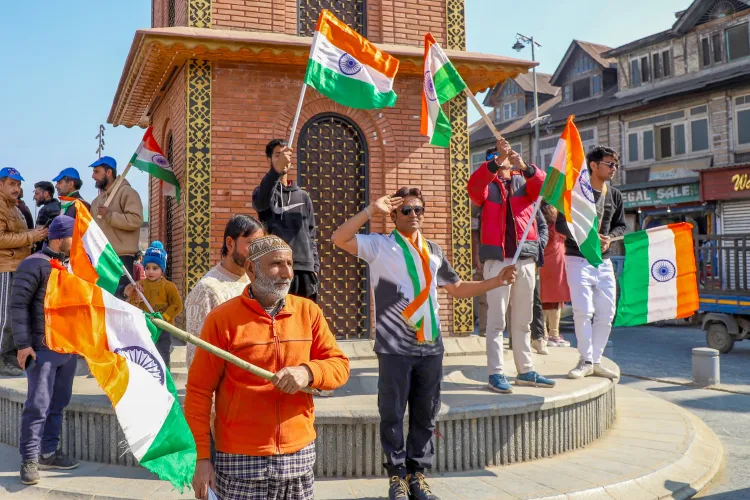
Synopsis
Key Takeaways
- India maintains its constitutional rights over Kashmir.
- Pakistan's refusal to comply with UNSC resolutions complicates the situation.
- The Supreme Court upheld the abrogation of Article 370.
- Increased reliance on foreign fighters by Pakistani terror groups.
- India's diplomatic efforts continue to gain international recognition.
Srinagar, Aug 3 (NationPress) As Jammu and Kashmir commemorates six years since the abrogation of Article 370, India has reaffirmed its constitutional and sovereign right to fully incorporate the region into the Union, while highlighting Pakistan’s ongoing role in undermining peace initiatives.
The United Nations Security Council (UNSC) resolutions regarding Kashmir, particularly Resolution 47 of 1948, mandated Pakistan to withdraw its military forces from the area as a prerequisite for any plebiscite. However, Pakistan’s unwillingness to adhere to this fundamental condition has made the resolution “unimplementable”.
Despite numerous international requests, Islamabad has persisted in maintaining and backing terror networks along the Line of Control (LoC), hindering diplomatic efforts and jeopardizing regional stability.
India’s action to revoke Article 370 on August 5, 2019, was validated by the Supreme Court in December 2023 as constitutionally legitimate and in line with the principles of Indian federalism.
The Court highlighted that Article 370 was always meant to be a temporary measure, aimed at facilitating the transitional integration of Jammu and Kashmir into the Indian Union.
Thus, the move does not breach any international accords or the UN Charter, contrary to Pakistan’s claims.
Security agencies have observed a significant change in the operational strategies of terror groups based in Pakistan. With diminishing local support in Kashmir, these organizations -- such as Lashkar-e-Taiba (LeT) and its affiliate, The Resistance Front (TRF) -- have increasingly turned to foreign fighters to carry out attacks.
The recent attack in Pahalgam, which resulted in the loss of 26 innocent lives, was executed by Pakistani nationals, as confirmed by recovered identification documents and training videos from Lashkar’s Muridke headquarters. This trend highlights the declining appeal of militancy among Kashmiri youth and the growing divide between local aspirations and Pakistan’s proxy warfare.
India has retaliated with targeted counter-terror operations and heightened diplomatic engagement.
The designation of TRF as a global terrorist organization by the US in July is regarded as a significant diplomatic victory for New Delhi.
While Pakistan continues to label Kashmir as a disputed area, India asserts that the region is an integral part of its sovereign territory.
The abrogation of Article 370, rather than being viewed as a provocation, is framed as a constitutional rectification -- one that upholds democratic governance and refutes externally sponsored violence.


